Experience the power of AI-driven contract review.
Experience the power of AI-driven contract review.
Efficiency is the key to closing deals fast. Our AI contract review tools screen agreements, answer legal questions, and provide guidance for finalizing contracts in record time.
State-of-the-art AI for legal review
Our solutions include contract type-specific AI review modules. All of our products integrate the latest deep learning technology to ensure maximum accuracy and efficiency. We are regularly adding support of new contract types based on customer demand.

We announce platform-wide integration of OpenAI's GPT-4.
Released by OpenAI on March 14, 2023, GPT-4 is the most powerful and sophisticated language model to date, surpassing its predecessor, ChatGPT, in terms of performance across numerous tasks. GPT-4 will work synergistically with Maigon's proprietary AI models to provide an unmatched compliance review experience for clients.
Read more.Data Processing Agreement
Data Processing Agreement
Privacy Policy
Privacy Policy
Non-Disclosure Agreement
Non-Disclosure Agreement
Consultancy Agreement
Consultancy Agreement
Product Supply Agreement
Product Supply Agreement
R&D Agreement
R&D Agreement
End User License Agreement
End User License Agreement
Key features
Quick start
Our solutions are available out-of-the-box, with no pre-training required. Review your first contract in 1 minute after first login.
Our own data
We do not require our clients to supply any data to train our AI. Instead, we manually collect and label the datasets ourselves.
Always up-to-date
Our solutions are always aligned with the latest legislative changes.
Custom playbook
We help you add your own rules into our standard solutions to address your organization's review guidelines and practices.
Unmatched speed
We provide review quality on par with top lawyers in a matter of minutes.
On-premise availability
On-premise option is available to meet the strictest security standards.
In your language
Our solutions support more than 50 languages. Bilingual contracts are also supported.
State-of-the-art
We make use of the latest research, deep learning and NLP technology available.
Trusted by industry leaders
We help medium and large businesses and organizations all over the world to make legal work less time-consuming and more resource-efficient. By fully or partially automating the legal document review process, we help companies put more focus on strategic tasks rather than repetitive legal review routines.




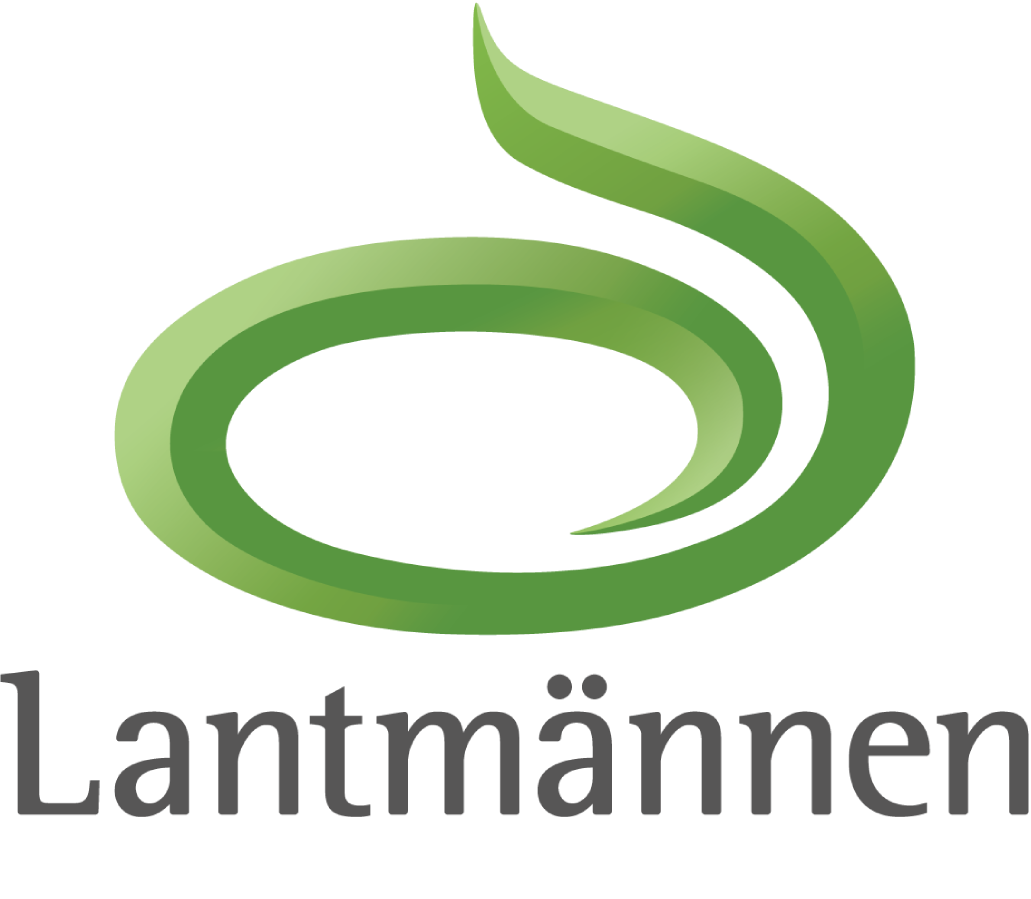

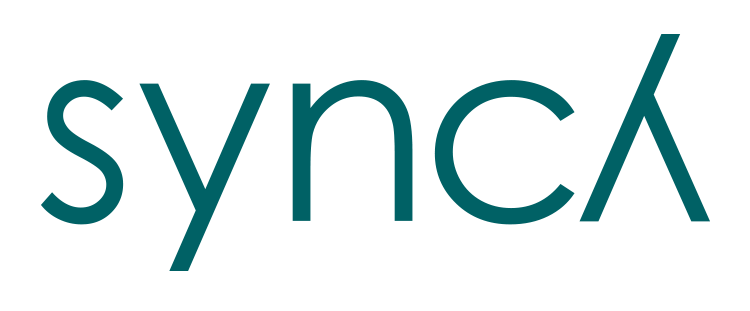

Who is Maigon for?
In-house sourcing
Help your sales and procurement teams to close deals faster.
In-house legal
Automate repetitive review workflows and free time for more value-driven work.
Law firms
Deliver strategic legal advice while advanced AI is sifting through hundreds of pages for you.
Contract platforms
Provide richer insights for your users through our API integration.
Latest news
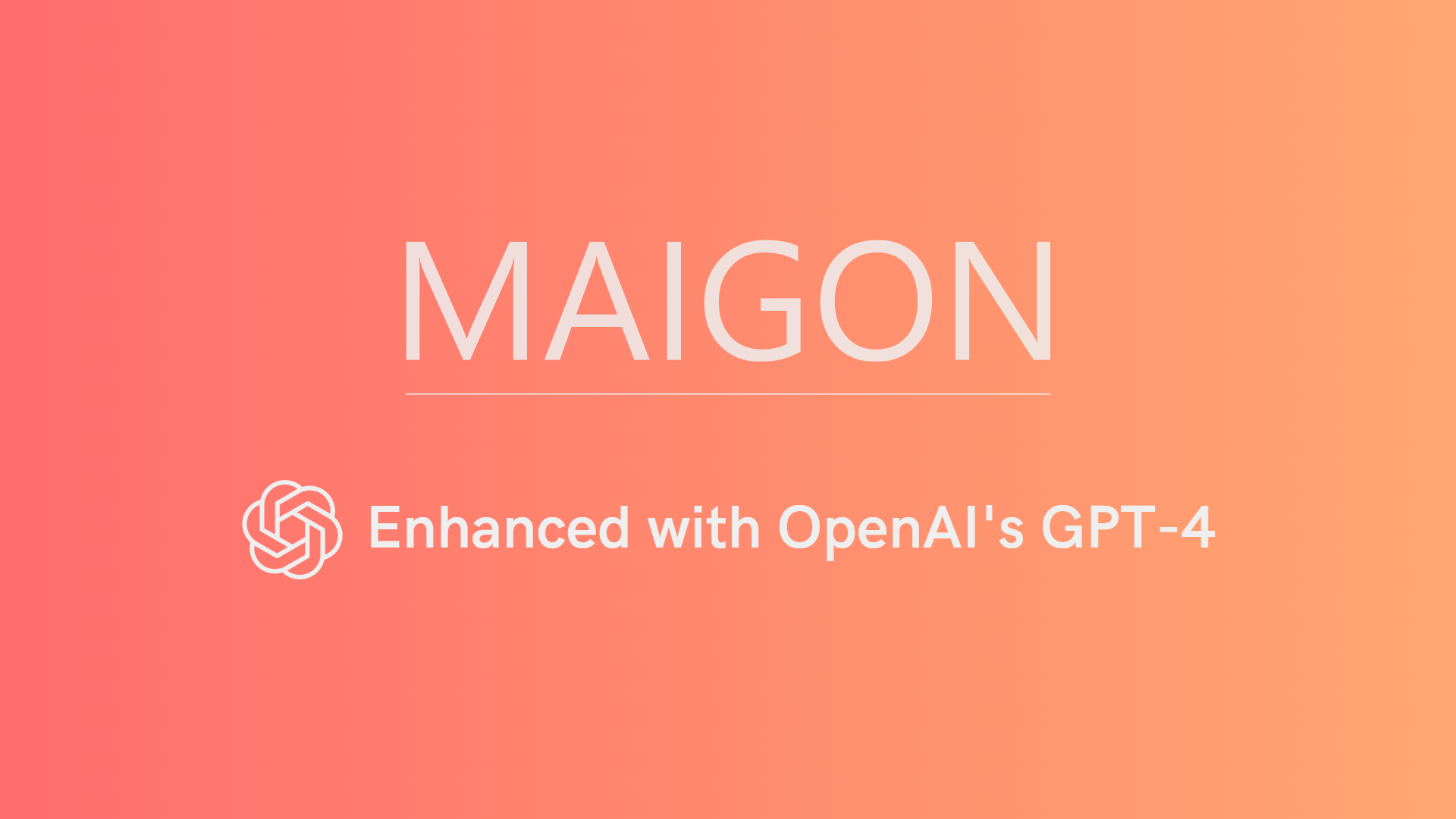
Maigon Elevates AI Contract Review with Cutting-Edge GPT-4 Integration
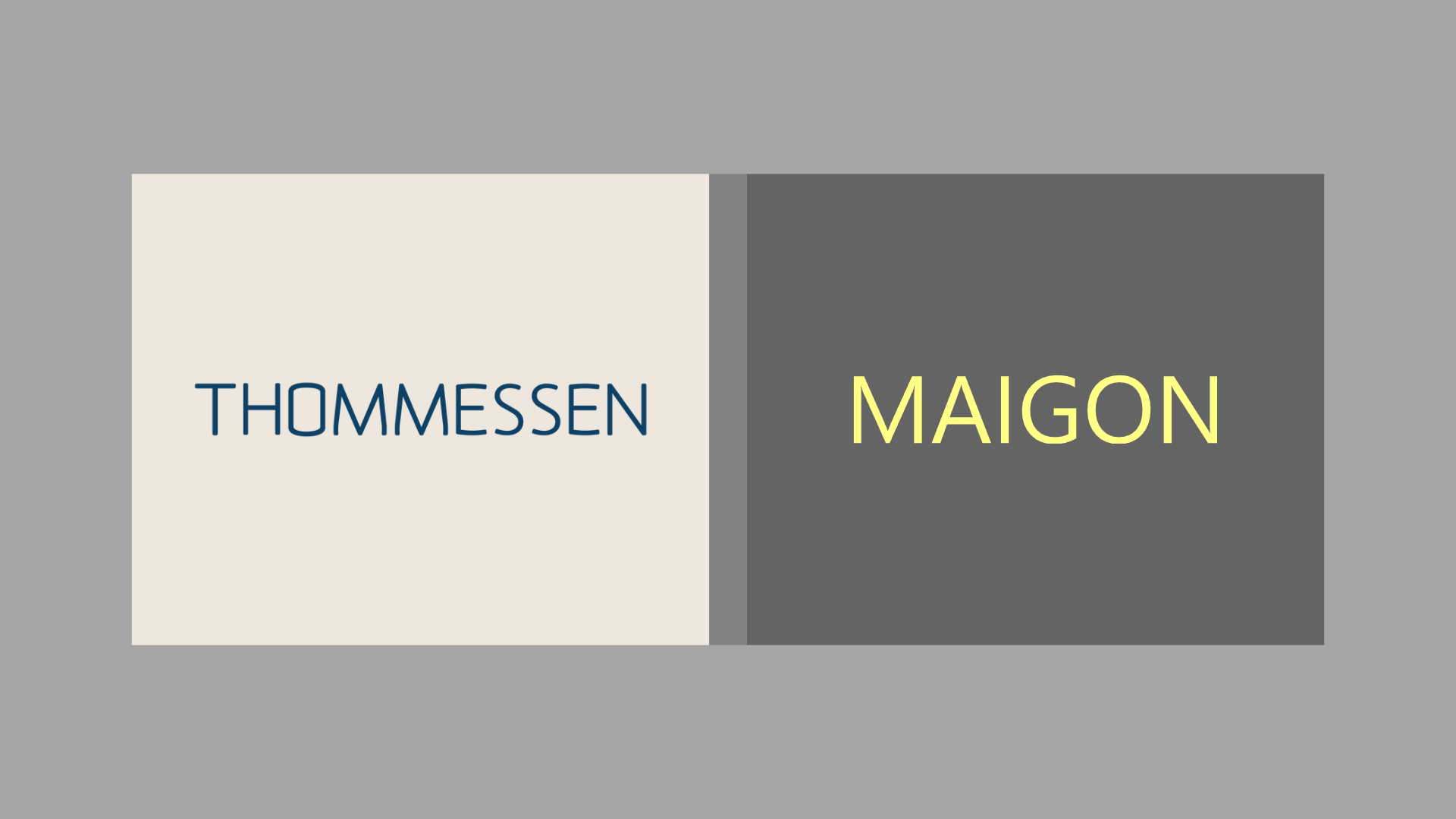
Thommessen First Law Firm in Norway to Offer Maigon DPA and NDA AI to Clients

Using GPT-3 in Contract Review: Maigon Example
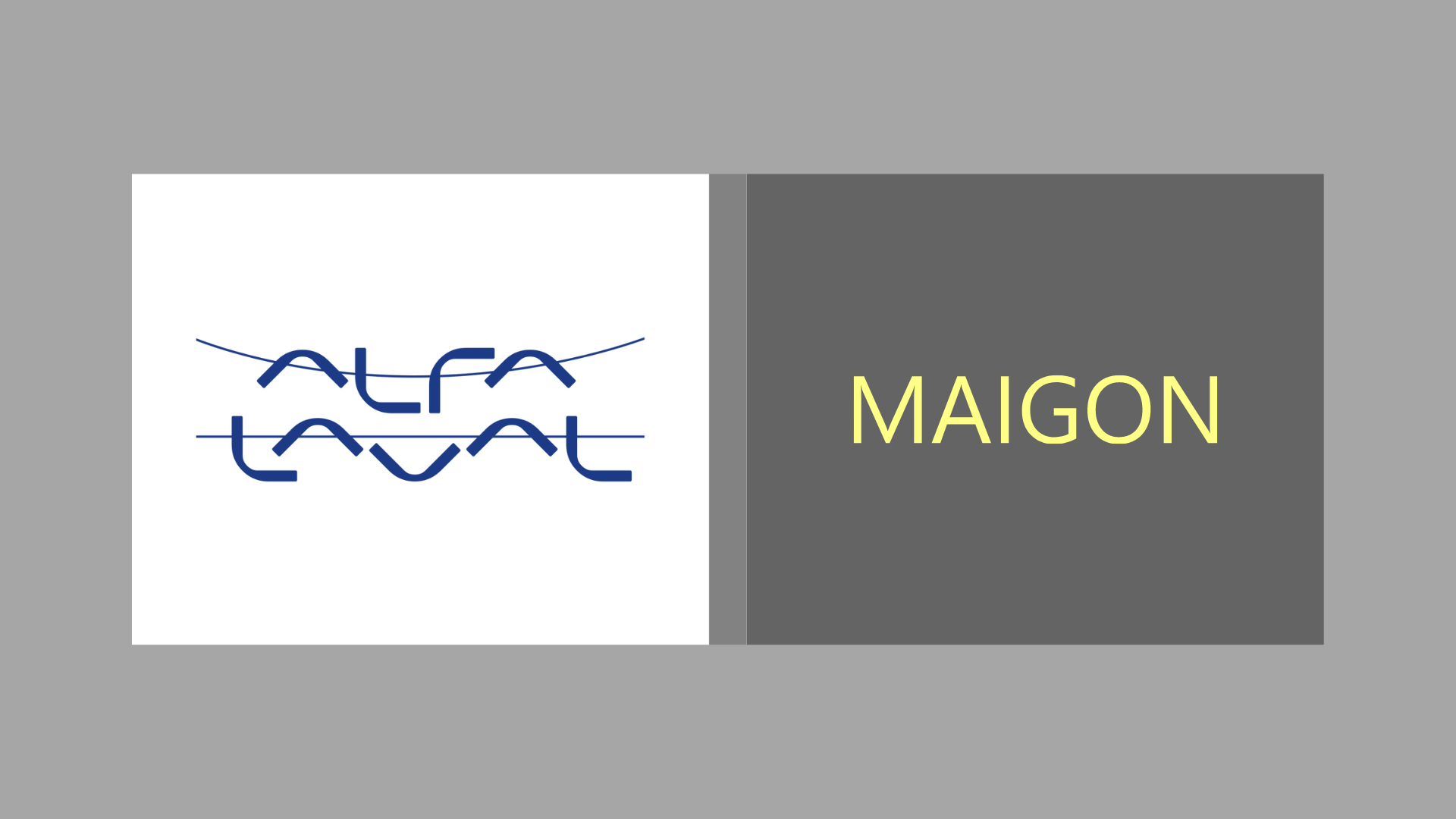
Maigon delivers customized NDA review tool for Alfa Laval
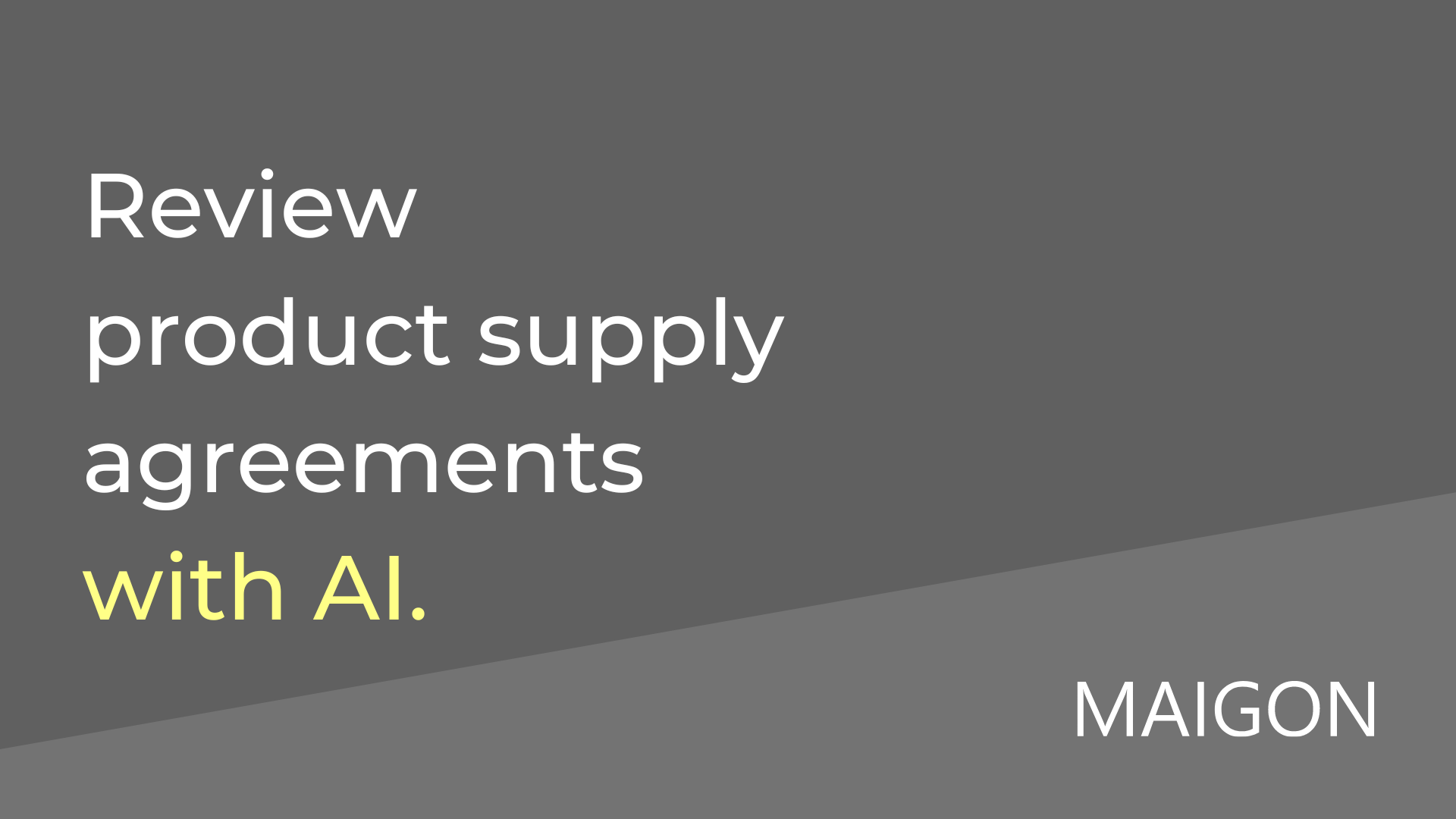
Maigon Product Supply Agreement Released in Beta
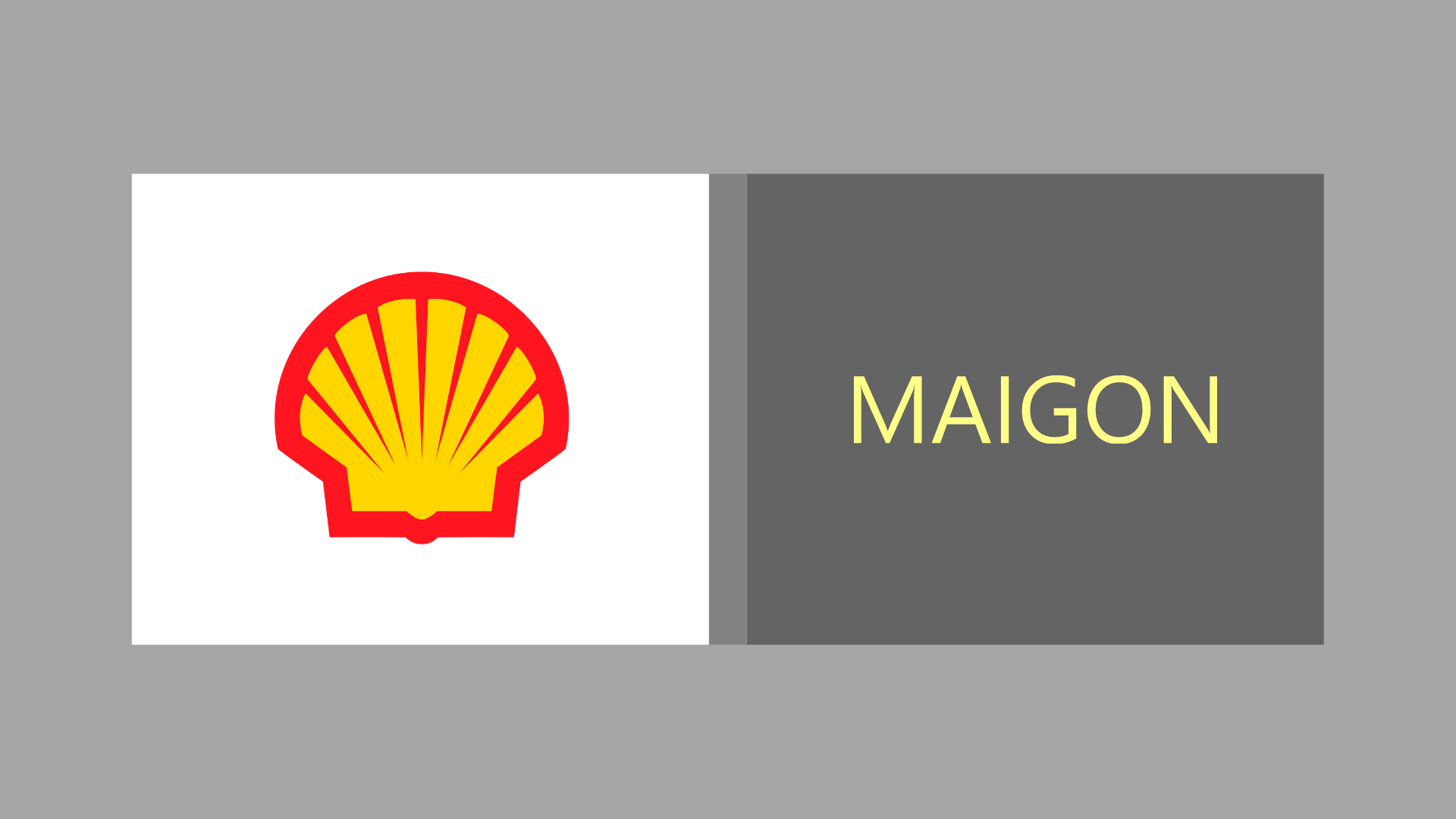
Maigon appointed gamechanger by Shell
Memberships and collaborations
We partner and collaborate with leading international cloud infrastructure providers and scientific organizations. This enables access to best-in-class expertise and exchange of ideas, which contributes to our constant growth and rapid evolution as a technology company.
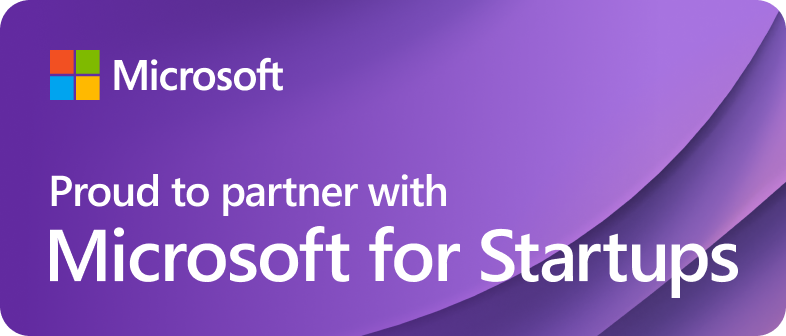
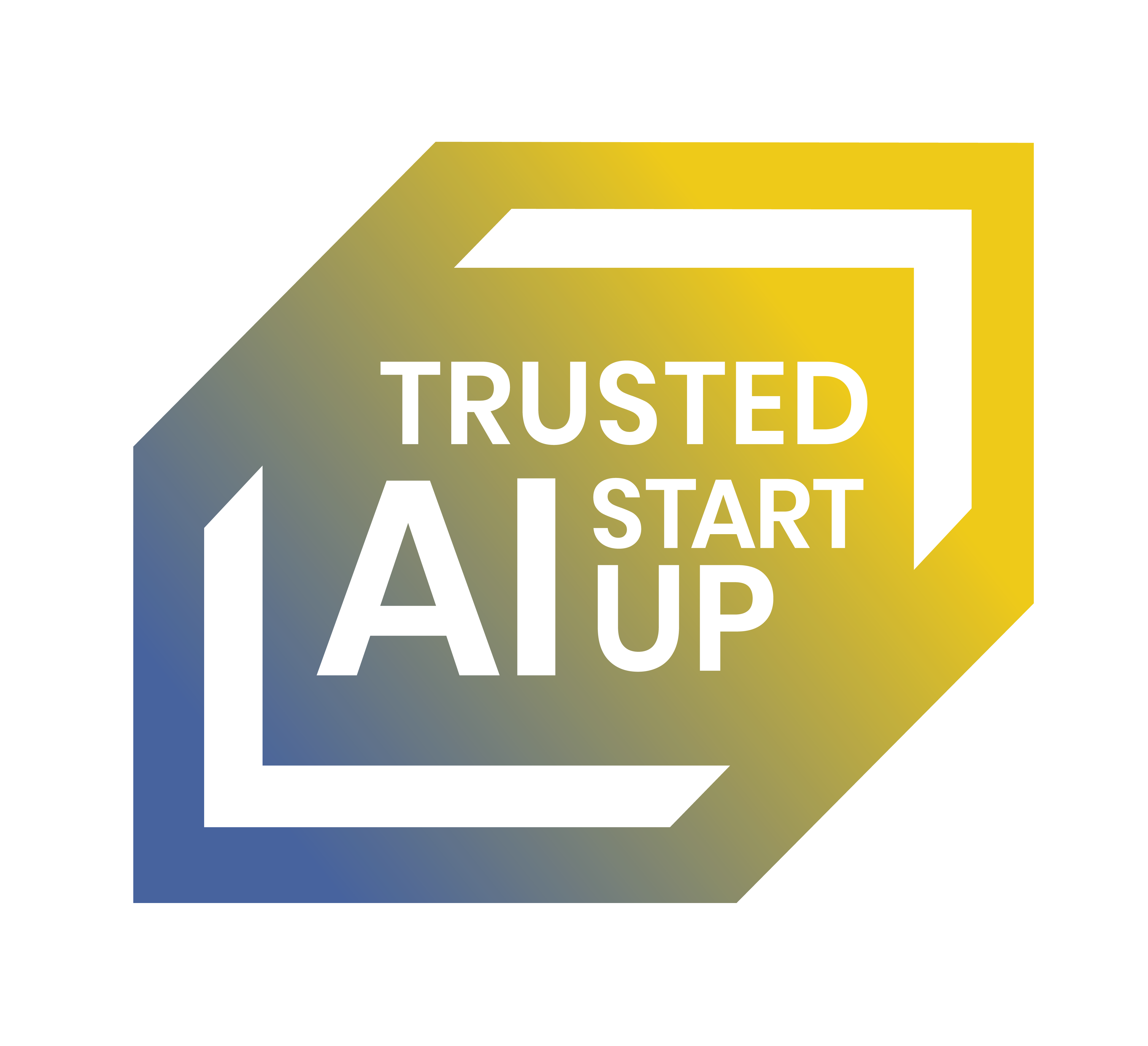
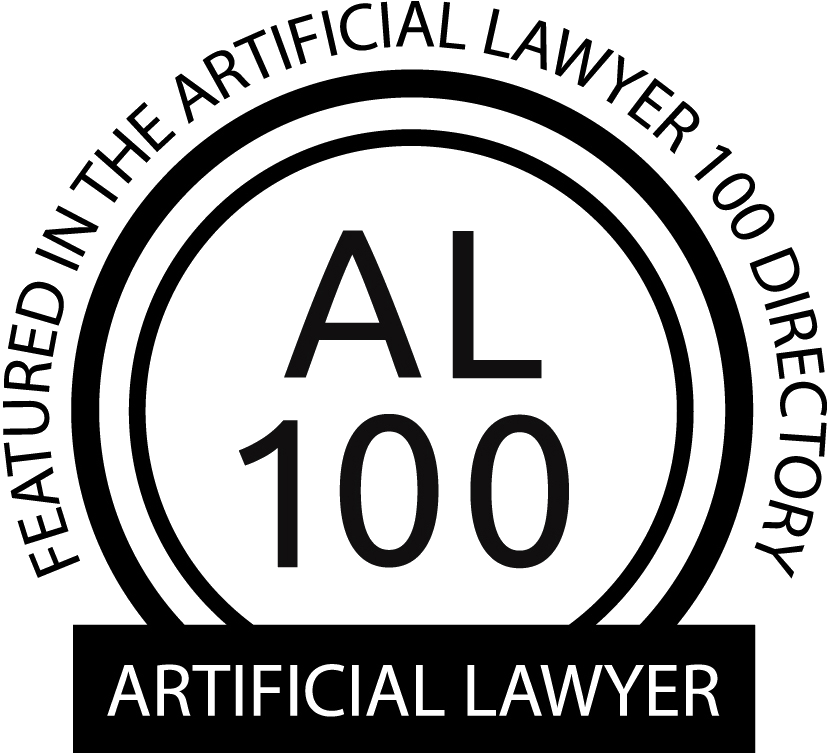


Our team
We are an international team of highly skilled developers, lawyers, and legal data engineers on a mission to automate contract review with the help of AI. Some of our developers are also qualified lawyers. This powerful mix of expertise gives us competitive edge and enables fast, efficient and value-oriented development of high-quality legal AI solutions.

Andreas Börjesson
Business development & Investor relations
Jim Runsten
Business development & Strategy
Knut-Magnar Aanestad
Head of Market Development, Country Manager Norway
Magnus Sundqvist
CEORequest a demo.
Get a hands-on preview of our solutions and guidance on how they can drastically improve your contract review workflows.